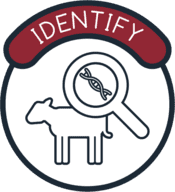
Accurate sexing and genetic reliability for the calves being produced
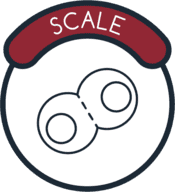
Low-cost, high-scale production of high-quality embryos
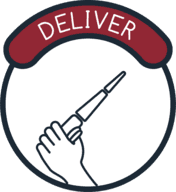
Simplified transfer of embryos and improved embryo preservation and logistics

Automated traceability and advanced analytics will enable critical insights and actions
Productivity improvements lead to reduced emissions intensity. By accelerating genetic improvement emissions per unit of beef or dairy product will be reduced.
The ability to determine the type of calf a cow can produce means that a whole breeding operation can be restructured. Structural change allows for the adjustment of herd composition to allow for greater efficiency in a production system by producing the right mix of animals. This will maximise production sustainability and profitability, whilst reducing the number of low value animals such as bobby calves.
The genetics of methane production by cattle are increasingly well understood. In the near future, selection of animals with lower methane and higher productivity will be possible at the embryo stage.

Be at the forefront of change and join us as we transform the industry.
The Nbryo platform will deliver accurate identification of desirable traits and an increased selection intensity, providing benefits across the entire value chain.
Pictured below: An example case study of a New Zealand large mixed dairy and beef operation detailing value chain benefits.
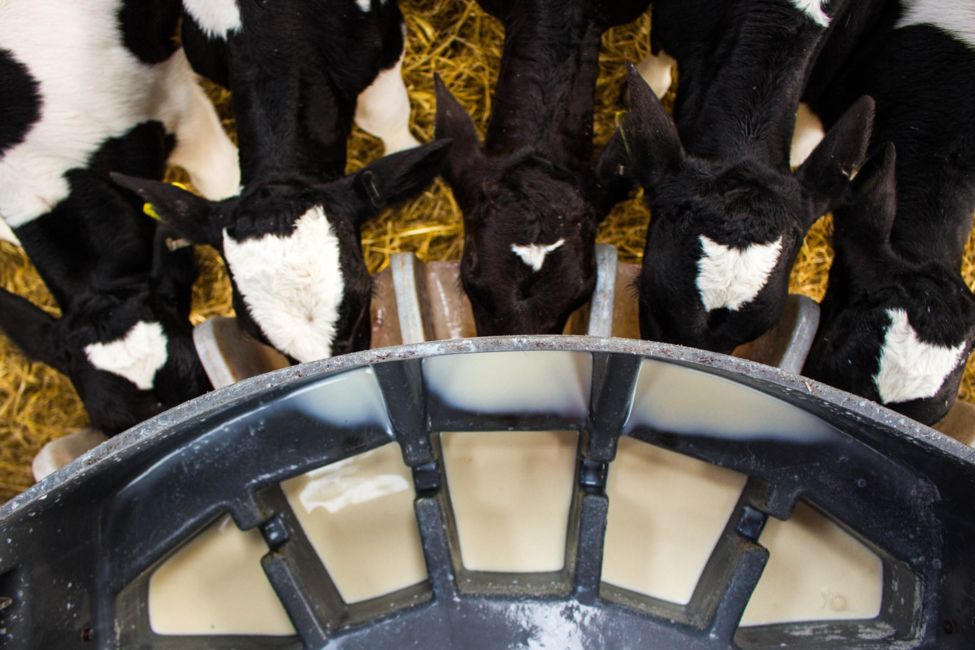

Read how the Nbryo Platform will create environmental and animal welfare benefits for the global livestock industry.
The underlying concept on which the Nbryo platform is based is to provide low cost, accessible embryo transfer on a large scale. The concept arose from learnings following over 15 years of commercial embryo transfer and genomics research and development conducted at Nindooinbah – an elite beef breeding property in regional Queensland, Australia. The company’s founders created Nbryo Pty Ltd to realise that underlying concept.
Research to develop the Nbryo platform to date has been funded by Meat & Livestock Australia (MLA), Bill & Melinda Gates Foundation and Nbryo Pty Ltd. Additionally, Nbryo has attracted significant equity investment to develop its commercialisation capability.
Nbryo’s product development road map encompasses work in a wide variety of scientific disciplines including biology, genomics, engineering, biosensors as well as data science. The strength of the platform comes from the integration of outcomes from all of these disciplines.

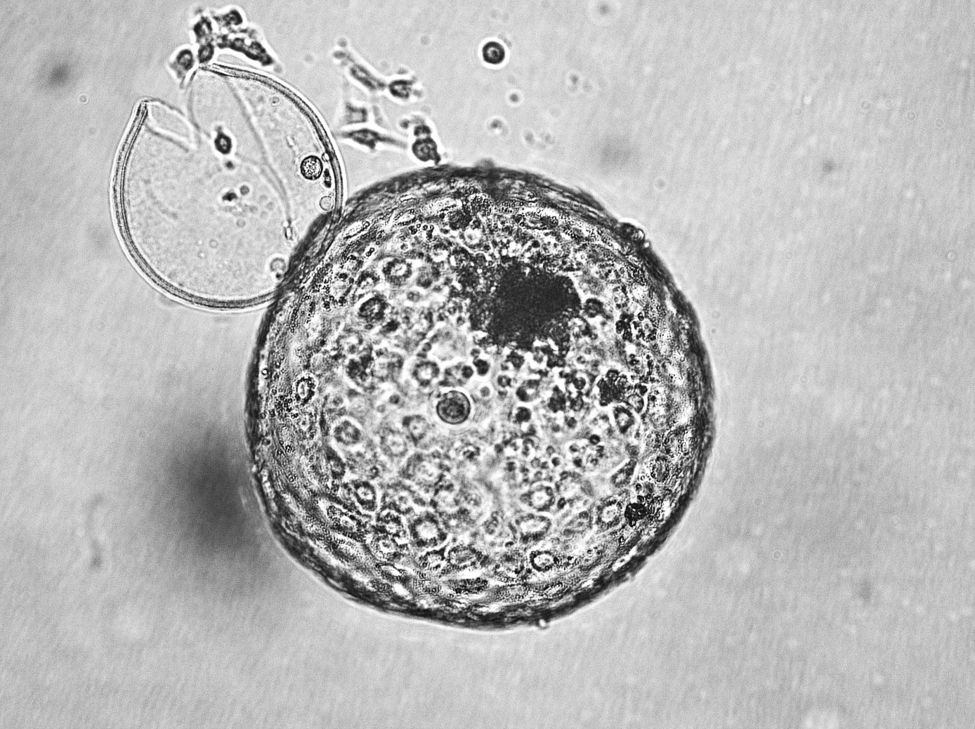
Our business has an impressive research network that includes five universities, three companies and other institutions across Australia, New Zealand, India, Kenya and the USA. Nbryo also collaborates for commercial development with companies, research institutions, government and other organisations in those countries.